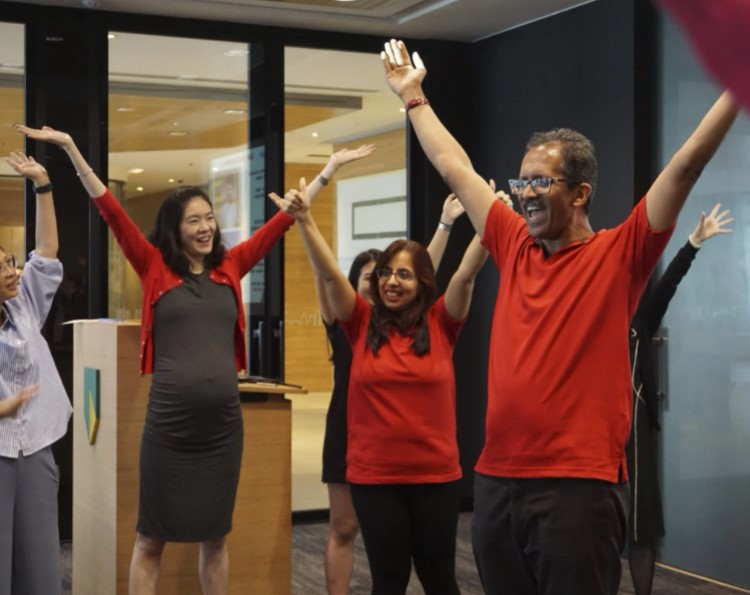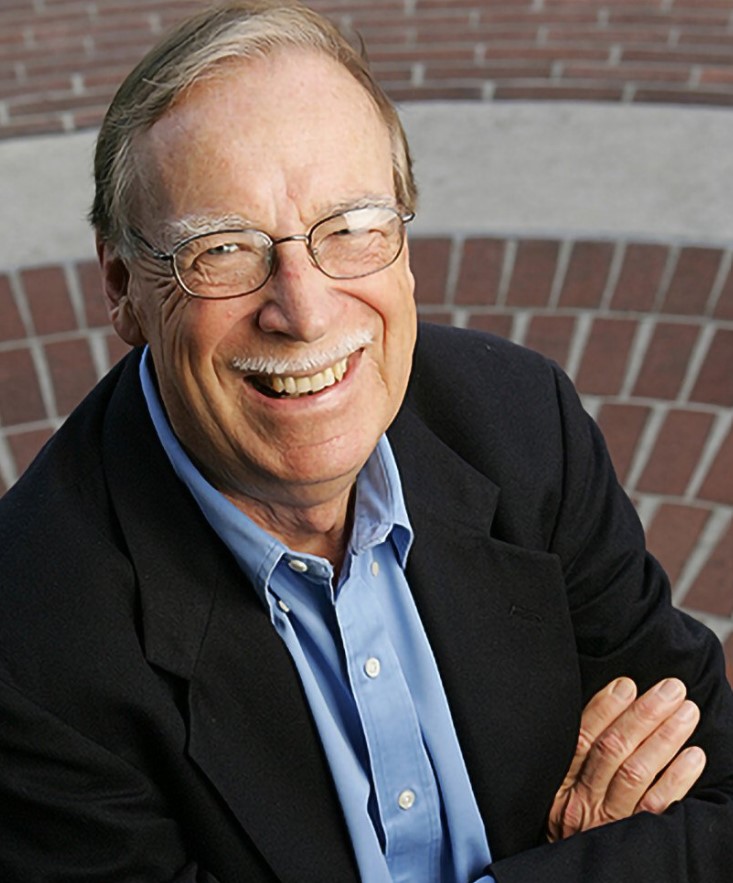Take it from a chief happiness officer, money won’t make you happy
In 2006, Hongkonger Mahesh Pamnani was running a large and profitable trading business. He should have been happy, but he wasn’t. He was overworked, anxious, stressed, out of shape – and then developed a serious case of sinusitis, which left him short of breath.
When his doctor recommended surgery, Pamnani declined. Instead, he consulted a traditional Chinese medicine practitioner, who suggested changes to his diet and lifestyle.
Within six months, after cutting out sugar, salt and processed foods, exercising regularly, and taking Chinese herbal medicines, Pamnani had shed 16kg (35lb), was back in fighting form – and breathing easier.
After his return to health, and with his stress under control, Pamnani felt true contentment. This sparked his interest in seeking out healthy lifestyle practices.
On a 2008 trip to India, he discovered laughter yoga , which combines simulated laughter with stretching exercises and yogic breathing techniques. He, his wife Honey, and three friends began offering free community laughter yoga sessions in a park with the goal of making thousands of Hongkongers laugh.
In 2012, the Pamnanis set up Inspire2Aspire Consulting in Hong Kong to provide corporate well-being and positive education workshops ; he is the chief happiness officer, and she is the chief wellness officer.

“Making others happy made me happier, because the focus shifted from ‘me, myself and mine’, to ‘us, we and humanity’. I felt a bigger thrill in making others smile and laugh than in making money.”
He realised that material success makes us feel good, but the happiness is short-lived because we tend to keep wanting more.
There is some truth to that. Hong Kong, for instance, is among the world’s richest cities in terms of gross domestic product, but its residents are far from happy . Earlier this year, it ranked 77th in the United Nations’ World Happiness Report , below far less wealthy countries such as Mongolia, Kyrgyzstan and the Philippines.
Science supports the idea that increased wealth doesn’t equate to increased happiness – a concept known as the Easterlin Paradox, named after Richard Easterlin, the first person to report this finding and the founder of the field of happiness studies.

PHOTO: alchetron.com
Easterlin, now an economics professor at the University of Southern California, presented his original research in the mid-1970s.
In 2010 he revisited the happiness-income paradox with an analysis that showed that any increase in happiness as a result of income growth is fleeting and does not hold up over the long term.
His paper was published that December in the journal Proceedings of the National Academy of Sciences .
Another study, led by researchers from McGill University in Canada and the Autonomous University of Barcelona in Spain, challenged a different idea – that you cannot be happy without money.
It found that most people who lived in societies where money plays a minimal role, such as in parts of Bangladesh and the Solomon Islands, were just as happy as people in Scandinavian countries, which typically rate highest in the world in the happiness stakes.
People in less monetised societies credited spending most of their time with family and in contact with nature with making them happy. These findings were published this January in the journal PLoS One .
Rather than look for happiness in the material world, the Pamnanis seek out hobbies and experiences that engage them on every level, and participate in activities that add purpose and meaning to their lives.
“Happiness doesn’t cost a thing,” says the 56-year-old Mahesh, who was born in Morocco and has lived in Hong Kong for 32 years. “One of my go-to activities when I need a mood boost is Bollywood dancing. I just turn on the music and move to the rhythm – it’s such an engaging and uplifting activity.
“Hiking in nature and meditating, too, bring me happiness, and I love volunteering. Since the pandemic began we’ve conducted free laughter yoga sessions for people stuck in quarantine in Hong Kong and for friends and clients living overseas.”
Honey, 49, finds joy in setting meaningful goals and helping others take charge of their emotional health.
To relieve stress and negative thoughts she does yoga and breathing exercises every morning, and practises loving-kindness meditation , sending out positive thoughts to those around her. Even on particularly challenging days, she makes the choice to keep her spirits up.

PHOTO: South China Morning Post
When life gets you down, Mahesh says not to dwell on the negative. When something doesn’t work out the way you want, he recommends turning the negative experience into a positive one, seeing it as a challenge instead of, say, a loss or a failure.
This helps shift your emotional state almost immediately.
Look at the areas in your life that are going well and be thankful for them, he says. Too often we take what we have for granted and are so focused on our problems that we find it hard to feel happy, even if we are materially successful and have money in the bank.
“Life is full of ups and downs,” he says. “Look at your challenges as blessings in disguise or as lessons in patience, acceptance, persistence and letting go.
“Gratitude is also important if you want to feel happy. There’s always something to be thankful for, no matter how bleak everything else seems. Personally, I’m grateful for being alive, and for everything around me that costs nothing to enjoy but is priceless, like the ocean, the mountains and the clear blue sky.”
Another way to feel happy is maintaining strong, close and meaningful connections with people you love and trust.
“Create your own little community of true friends, family members and other supporters whom you know will stick by you,” Mahesh says. “Social connections can give you the happiness and contentment that money just can’t buy.”












Comments (2)
magnificent submit, very informative. I ponder why the opposite experts of this sector do not notice this.
You should continue your writing. I am confident, you have
a great readers’ base already!
Hey there, I think your site might be having browser compatibility
issues. When I look at your blog site in Chrome, it looks fine
but when opening in Internet Explorer, it has some overlapping.
I just wanted to give you a quick heads up! Other then that,
superb blog!